
Segou: The Cultural Heartbeat of Mali
Nestled along the banks of the majestic Niger River, Segou is a city rich in history, culture, and natural beauty. Known for its vibrant arts scene, Segou hosts the annual Festival sur le Niger, a celebration of music, dance, and local crafts. This festival is a must-see for visitors, offering a unique glimpse into the traditional and contemporary arts of Mali. Segou's colonial architecture, with its distinct Sudanese style, provides a charming backdrop for leisurely strolls. The city is adorned with beautiful mud-brick buildings and bustling markets where you can find colorful textiles, handcrafted pottery, and intricate beadwork. The Grand Mosque, a striking example of Sudanese architecture, is a landmark worth visiting. A visit to Segou is not complete without experiencing the serene ambiance of the Niger River. Whether it's a boat ride at sunset or a leisurely walk along the riverbanks, the Niger offers a peaceful retreat from the city's hustle and bustle. Nearby, the traditional village of Segoukoro invites you to explore the roots of the Bambara Kingdom, with its ancient ruins and historical sites.
Local tips in Segou
- Visit during the Festival sur le Niger in February to experience the best of Segou's music and arts.
- Explore the local markets early in the morning for the freshest produce and unique crafts.
- Take a guided tour to Segoukoro to fully appreciate the historical significance of the Bambara Kingdom.
- Try to learn a few phrases in Bambara, the local language, to enhance your interactions with residents.
- Wear comfortable shoes for walking tours around the city and riverbanks.
Segou: The Cultural Heartbeat of Mali
Nestled along the banks of the majestic Niger River, Segou is a city rich in history, culture, and natural beauty. Known for its vibrant arts scene, Segou hosts the annual Festival sur le Niger, a celebration of music, dance, and local crafts. This festival is a must-see for visitors, offering a unique glimpse into the traditional and contemporary arts of Mali. Segou's colonial architecture, with its distinct Sudanese style, provides a charming backdrop for leisurely strolls. The city is adorned with beautiful mud-brick buildings and bustling markets where you can find colorful textiles, handcrafted pottery, and intricate beadwork. The Grand Mosque, a striking example of Sudanese architecture, is a landmark worth visiting. A visit to Segou is not complete without experiencing the serene ambiance of the Niger River. Whether it's a boat ride at sunset or a leisurely walk along the riverbanks, the Niger offers a peaceful retreat from the city's hustle and bustle. Nearby, the traditional village of Segoukoro invites you to explore the roots of the Bambara Kingdom, with its ancient ruins and historical sites.
When is the best time to go to Segou?
Iconic landmarks you can’t miss
Monument des Rois de Ségou
Discover Ségou's royal legacy at this iconic monument, offering panoramic views and a glimpse into the region's rich cultural heritage.
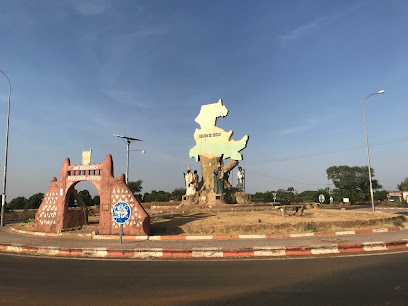
Le NDOMO
Discover traditional Malian artistry and support local artisans at Le NDOMO in Ségou, a hub for cultural preservation and economic empowerment.
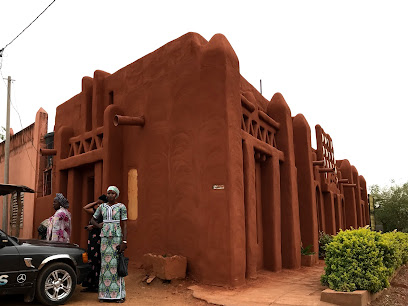
Grande Mosquée de Ségou
Discover the architectural marvel of Grande Mosquée de Ségou, a symbol of faith and cultural heritage in the heart of Mali.
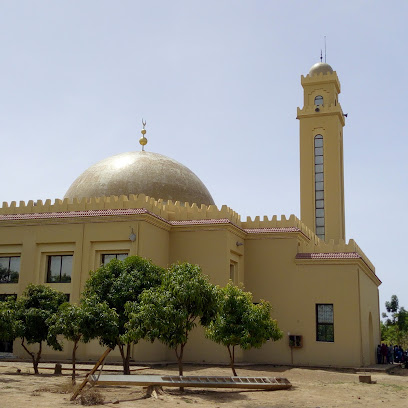
Ségou sébougou
Explore Ségou Sébougou, a captivating landmark in Mali, showcasing the region's rich cultural heritage and historical significance.
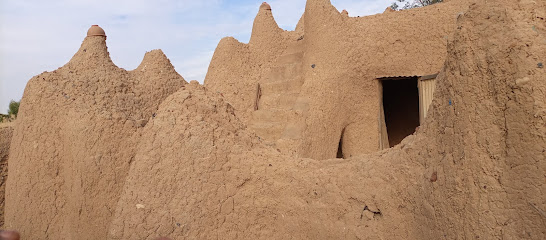
Mali
Discover the historical Mali Mosque in Segou, a beautiful example of Sudanese architecture and a window into Mali's cultural heritage.
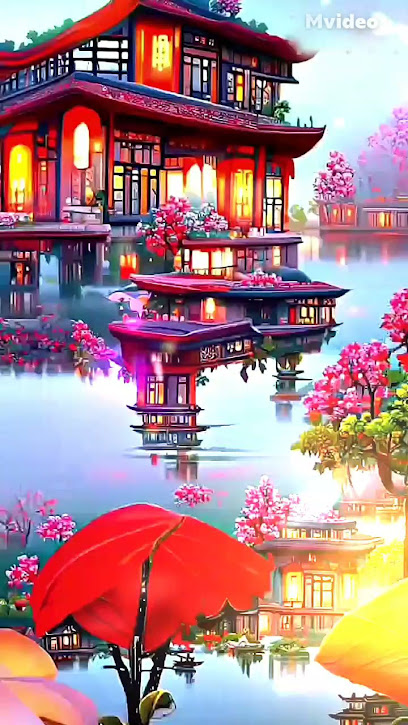
Unmissable attractions to see
Centre Korè
Discover the vibrant arts and rich cultural heritage at Centre Korè, Segou's premier cultural center and hub for artistic exchange.
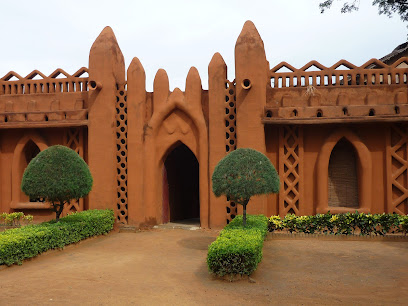
Monument des Rois de Ségou
Experience the rich history and stunning vistas at the Monument des Rois de Ségou, a cultural gem in Mali.
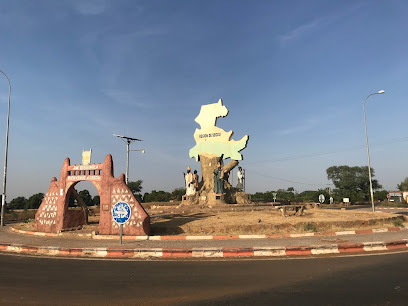
Mieruba Art Center - MAC
Explore the vibrant culture of Mali at Mieruba Art Center, an inspiring hub for art, creativity, and community in Segou.
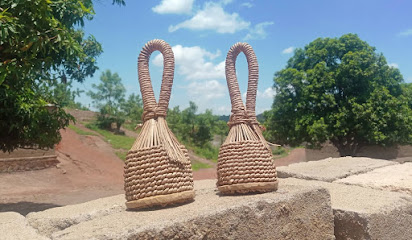
Le NDOMO
Discover the vibrant world of Malian artistry at Le NDOMO, a must-visit destination for unique handicrafts in Segou.
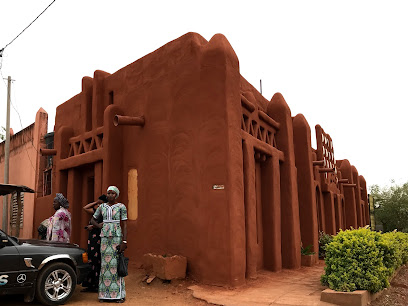
Grande Mosquée de Ségou
Discover the Grande Mosquée de Ségou, a stunning architectural gem in Mali, reflecting the country's rich cultural and spiritual heritage.
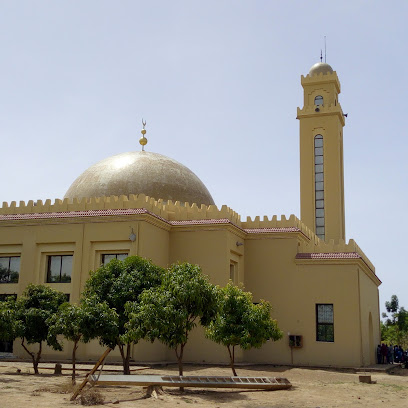
Dayimu
Explore Dayimu, a captivating tourist attraction in Segou, Mali, where vibrant culture and stunning landscapes create unforgettable experiences.
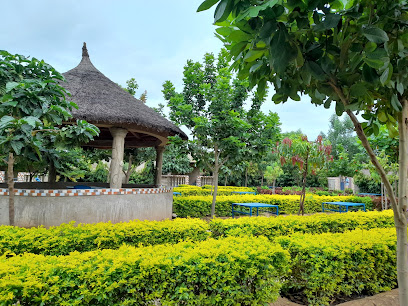
FESTIVAL SUR LE NIGER SEGOU
Immerse yourself in the vibrant culture of Mali at the Festival Sur le Niger, where music, art, and traditions come alive along the banks of the Niger River.
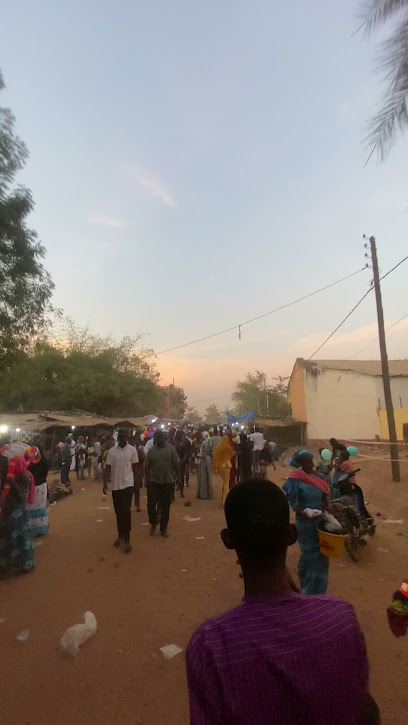
Fleuve Segou (Tewarhit )
Discover the serene beauty of Fleuve Segou, a tranquil garden by the Niger River perfect for relaxation and nature exploration.
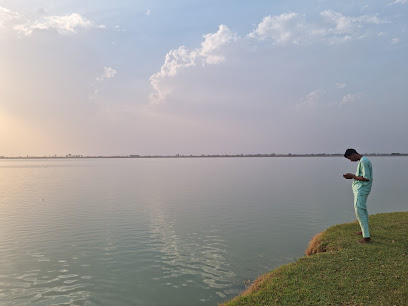
Quartier Sômônô - Sômônô So
Explore the vibrant heritage of Quartier Sômonô in Segou, Mali, where culture, history, and community come together in a captivating experience.
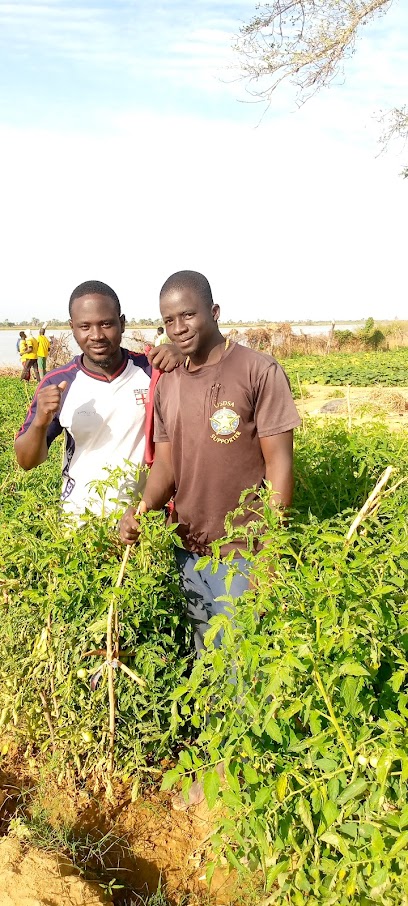
Ségou sébougou
Discover the rich history and serene beauty of Ségu Sébougou, a historical landmark in Mali that connects you to the region's vibrant cultural heritage.
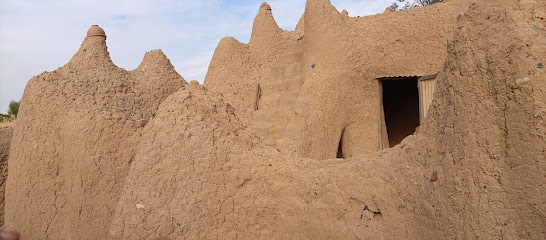
Sidabougou wèrè
Explore Sidabougou wèrè, a captivating tourist attraction in Siribougou, Mali, rich in culture, natural beauty, and authentic local experiences.

ROND POINT DU PIROGUE
Experience the vibrant culture and community spirit at Rond Point du Pirogue, the heart of Segou's local life and traditions.

Kalabani
Explore the tranquil beauty of Kalabani Gardens in Segou, a lush oasis perfect for relaxation, photography, and appreciating local biodiversity.

Essential places to dine
Hôtel Vue de l'Esplanade
Discover the flavors of Mali at Hôtel Vue de l'Esplanade – where authentic cuisine meets warm hospitality.
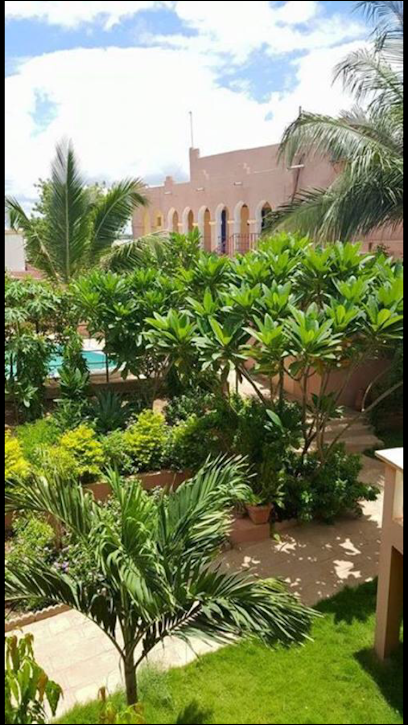
Hotel Le Djoliba
Discover the charm and hospitality of Segou at Hotel Le Djoliba – your gateway to exploring Mali’s rich culture and history.

Motel Savane
Experience comfort and hospitality at Motel Savane in Segou – your perfect base for exploring Mali's rich culture.
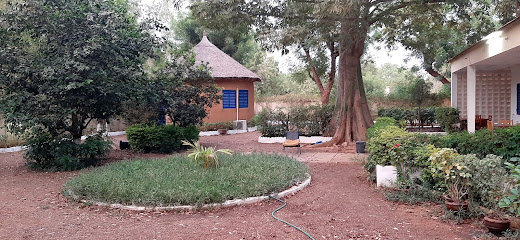
La Terrasse
Discover La Terrasse in Segou: A delightful dining experience blending local flavors with international cuisine amidst warm hospitality.
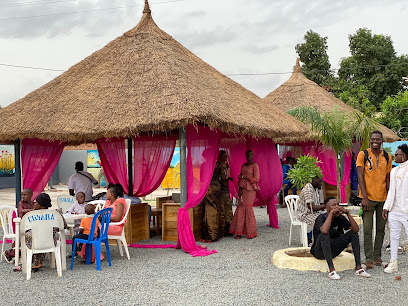
DIABOUGOU
Experience the vibrant nightlife at Diabougou Bar in Segou - where culture meets celebration amidst friendly faces.
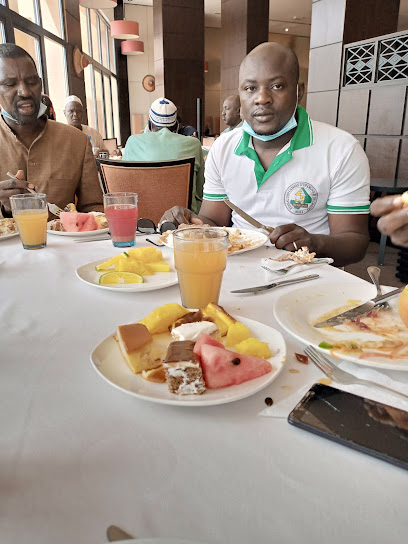
Hôtel l'Auberge
Experience Malian hospitality at Hôtel l'Auberge in Ségou—your gateway to cultural adventures and comfortable stays.
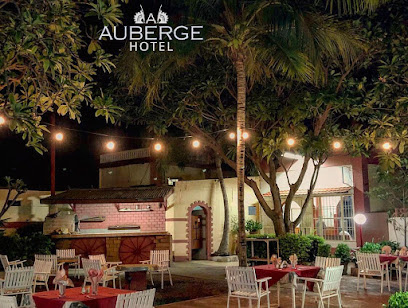
Restaurant Togolais Le Berger
Experience authentic Malian cuisine at Restaurant Togolais Le Berger in Segou - a culinary gem known for its delicious flavors and welcoming atmosphere.
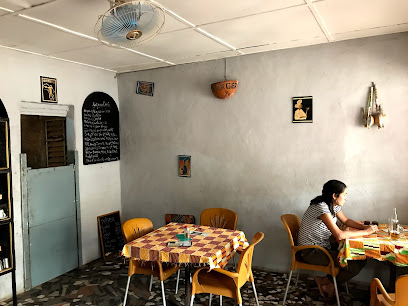
Restaurant la Teranga
Experience authentic Malian cuisine at Restaurant la Teranga in Segou - where hospitality meets flavorful tradition.
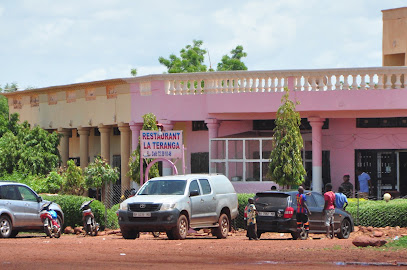
Restaurant Hôtel Doni Blon
Experience authentic Malian cuisine at Restaurant Hôtel Doni Blon in Ségou – where local flavors meet warm hospitality.
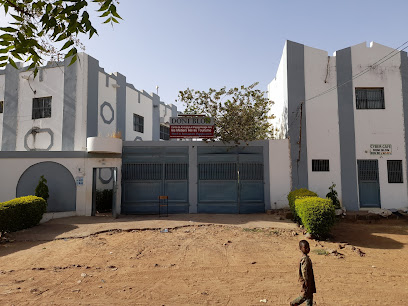
Restaurant Cafeteria Balanzanmaboli Boubakar
Experience authentic Puerto Rican flavors at Restaurant Cafeteria Balanzanmaboli Boubakar in Segou – where every dish tells a story.
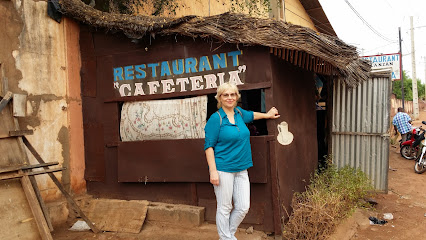
OLD TRAFFORD de SÉGOU
Experience the best of Malian cuisine at OLD TRAFFORD de SÉGOU - where fresh oysters meet vibrant culture in Segou.
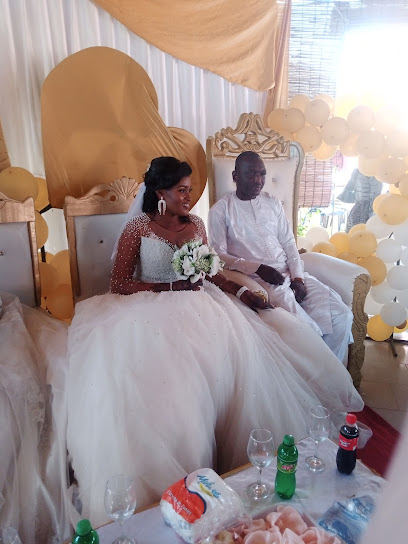
Le Soleil De Minuit
Discover authentic Malian cuisine at Le Soleil De Minuit in Segou - where flavors come alive in a warm and inviting setting.
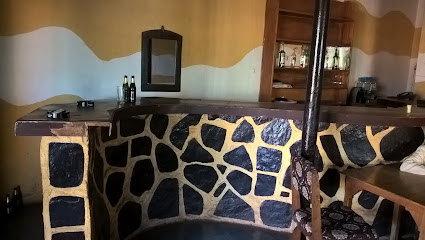
Yaya ka hôtelidah
Discover authentic Malian flavors at Yaya ka hôtelidah in Segou - a cozy cafeteria blending tradition with culinary delights.
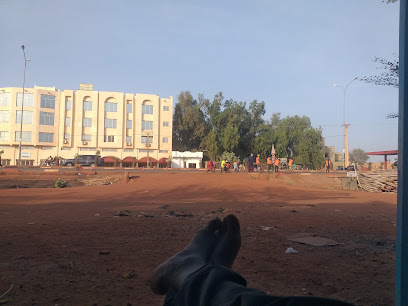
Les Delices de Marijo
Experience authentic Malian cuisine at Les Delices de Marijo in Segou – where every dish tells a story of local flavors.
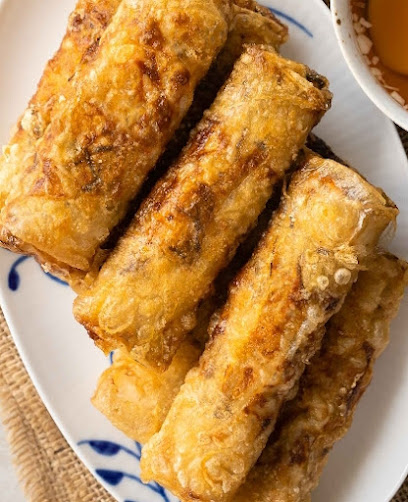
Buvette de Segou, Mali
Discover Buvette de Segou: A vibrant bar where locals and tourists connect over drinks and traditional snacks in Mali's cultural heart.

Markets, malls and hidden boutiques
Boutique Goulanbe
Discover the vibrant shopping scene at Boutique Goulanbe in Ségou, where local culture meets modern retail in a unique shopping experience.
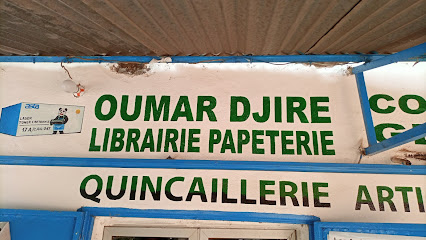
Canal+ Store Ségou
Experience the vibrant shopping culture at Canal+ Store Ségou, where local crafts meet modern retail in the heart of Mali.
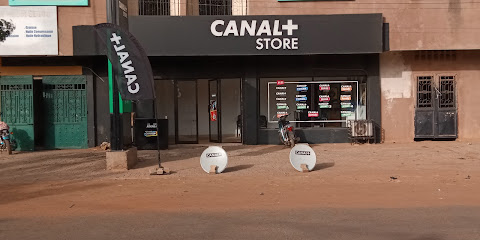
Super Boutique
Explore unique styles at Super Boutique, Ségou’s premier clothing store offering local and contemporary fashion.
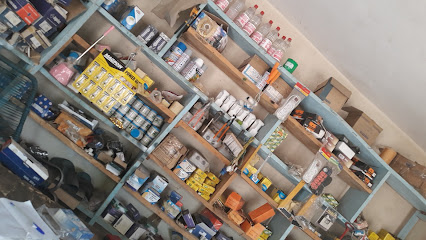
Boutique
Explore the heart of Ségou at Boutique Supermarket, where local flavors and vibrant culture come together in a unique shopping experience.
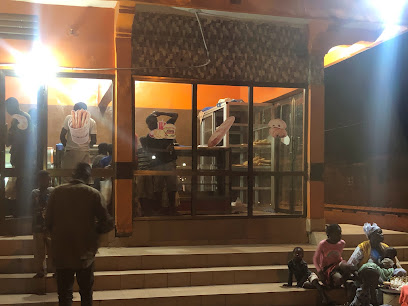
Espace Samassa Ségou
Discover the vibrant world of textiles at Espace Samassa Ségou, a premier yarn store in Segou, Mali, showcasing local artistry and craftsmanship.
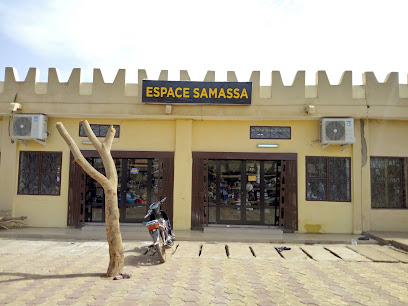
Phenix Shop
Explore the vibrant fashion scene at Phenix Shop in Segou, offering stylish clothing and accessories that blend local culture with modern trends.
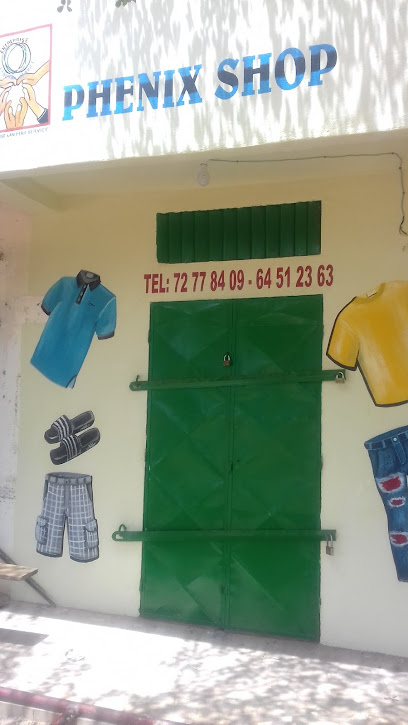
SACKO -BELLE N°1 MAH -KINÈ
Explore the charm of SACKO -BELLE N°1 MAH -KINÈ, a boutique in Segou offering unique crafts and souvenirs that celebrate Malian culture.
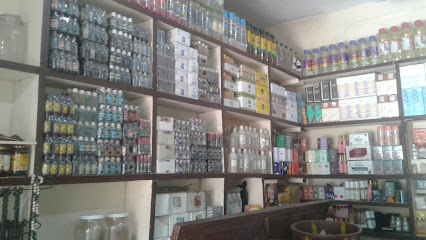
Boutique Kaou Chee
Explore Boutique Kaou Chee: a vibrant shopping mall in Segou offering local craftsmanship, unique fashion, and a cultural experience.

Wo & Man's Shop
Explore the heart of Segou at Wo & Man's Shop, a boutique offering unique fashion, art, and handcrafted treasures that reflect local culture.
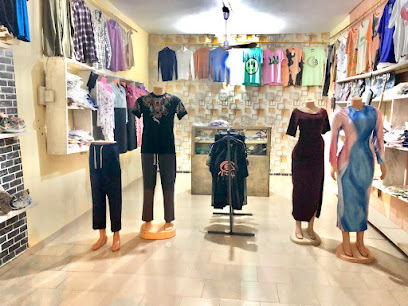
Reine Boutique
Discover exquisite women's fashion at Reine Boutique in Segou, where traditional elegance meets modern style.
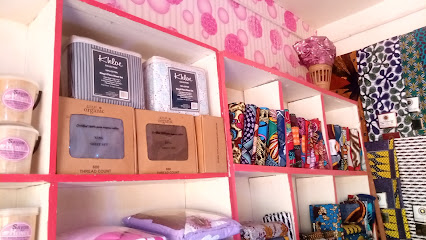
Boutique LAS VEGAS
Explore the dynamic Boutique LAS VEGAS in Segou for a unique shopping and cultural experience, blending local charm with modern amenities.

Boutique de Sports
Discover unique sporting goods and local culture at Boutique de Sports in Segou, a must-visit for sports enthusiasts and tourists alike.

Moutou
Explore Moutou in Segou for unique handcrafted gifts and a taste of Mali's rich cultural heritage, perfect for memorable souvenirs.

Boutique pap chee
Explore the vibrant culture of Mali through unique gifts and crafts at Boutique Pap Chee in Segou, an artisan's paradise for every traveler.

ALBASSATINE Ségou Mali
Explore ALBASSATINE in Ségou for authentic Malian crafts, textiles, and local delicacies that capture the spirit of Mali.
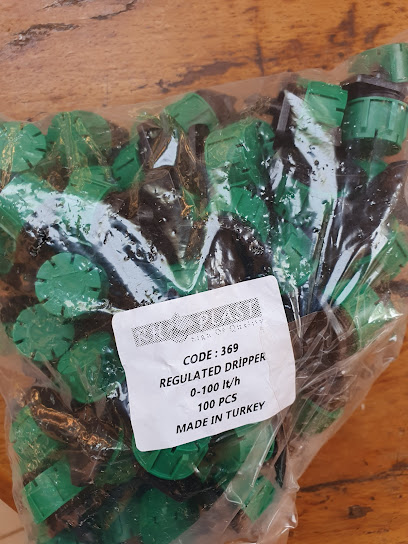
Essential bars & hidden hideouts
La Terrasse
Savor authentic Malian cuisine in a warm and inviting atmosphere at La Terrasse, a must-visit restaurant in Segou.
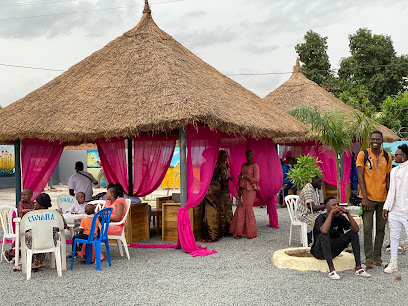
DIABOUGOU
Explore Diabougou in Segou for a taste of local nightlife, filled with vibrant music and a welcoming atmosphere at this affordable bar.
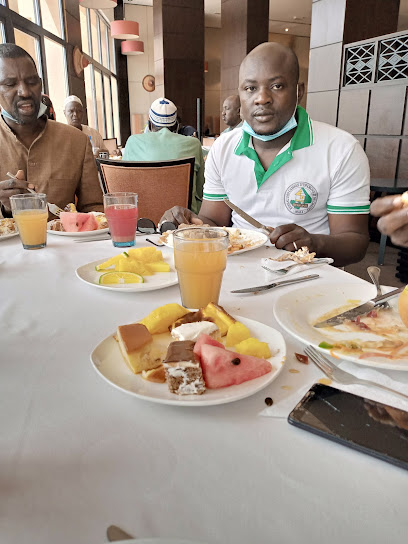
Cantine de la Douane
Explore the vibrant flavors of Mali at Cantine de la Douane, a local restaurant in Segou offering authentic dishes and a welcoming atmosphere.
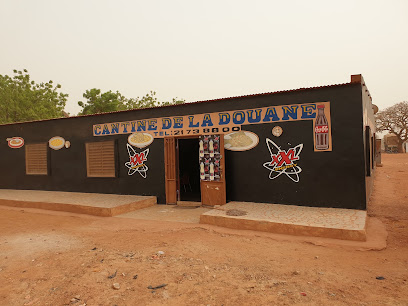
Tam-Tam Bar Partenaire
Discover the lively nightlife at Tam-Tam Bar Partenaire in Segou, where locals and tourists unite over great drinks and an inviting atmosphere.
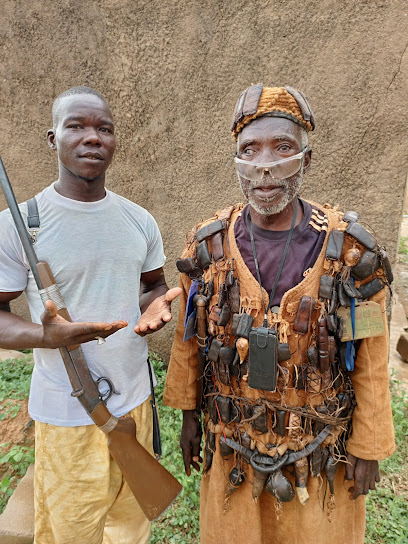
OLD TRAFFORD de SÉGOU
Discover the vibrant flavors of seafood at Old Trafford de Séguo, a premier oyster bar in Segou, Mali, where every bite is a taste of the ocean.
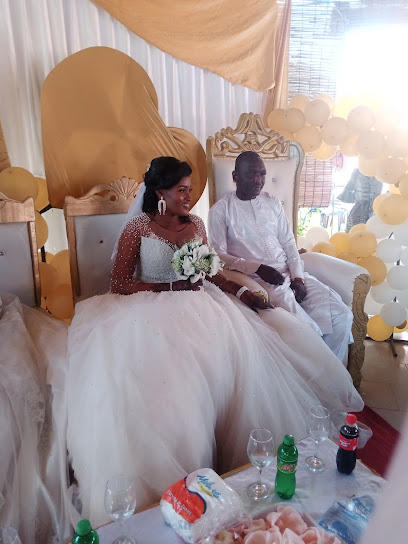
Le Soleil De Minuit
Explore the culinary delights of Segou at Le Soleil De Minuit, where traditional Malian dishes meet a warm and inviting atmosphere.
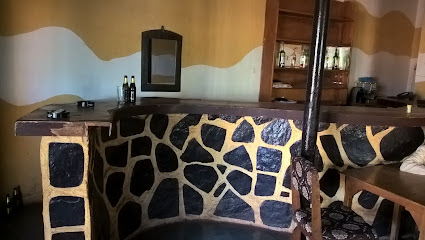
Aimé Pascal Traoré
Experience the authentic taste of Mali at Aimé Pascal Traoré, a vibrant restaurant in Segou offering delicious and inexpensive local cuisine.
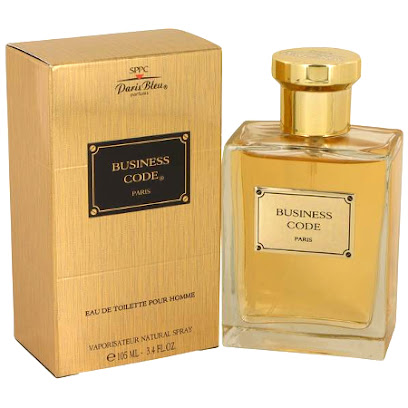
Hôtel Lavazza
Discover the lively spirit of Segou at Hôtel Lavazza, where vibrant atmosphere meets refreshing drinks in a culturally rich setting.
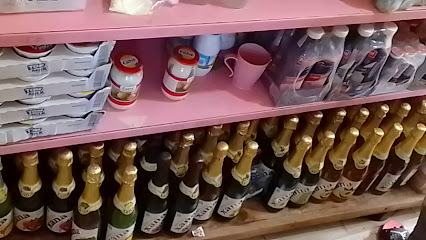
Arouna Tangara
Discover the authentic flavors of Mali at Arouna Tangara, a top-notch restaurant in Ségou offering delicious local cuisine.

ESPACE JIGI MA DON
Discover the vibrant local culture at ESPACE JIGI MA DON, an inexpensive bar in Ségou perfect for drinks and socializing.
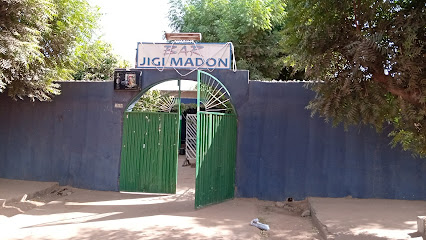
La Cave des Rois
Experience the vibrant culture and flavors of Mali at La Cave des Rois, a lively bar in the heart of Ségou, perfect for relaxation and local connections.
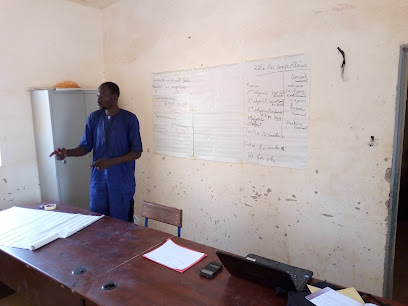
Château Rouge Night Club
Experience the vibrant nightlife of Ségou at Château Rouge Night Club, where music and culture come together for an unforgettable evening.
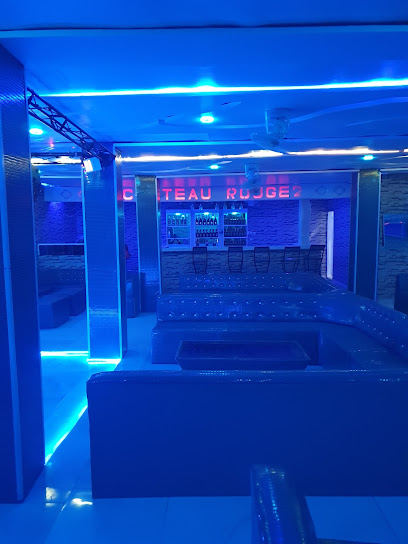
Google+ night club
Discover the vibrant nightlife of Segou at Google+ Night Club, where great music and an electric atmosphere await every visitor.
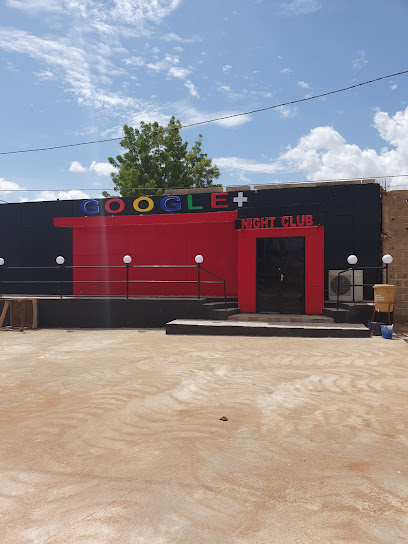
Buvette de Segou, Mali
Discover the vibrant atmosphere of Buvette de Segou, a local bar where culture and hospitality meet in the heart of Mali.

Local Phrases about Segou
-
- HelloN'i barika
[nee bah-ree-kah] - GoodbyeI ni sogoma
[ee nee soh-goh-mah] - YesAwò
[ah-woh] - NoOwò
[oh-woh] - Please/You're welcomeMangoya
[mahn-goh-yah] - Thank youI ni ce
[ee nee chay] - Excuse me/SorryI ni kono
[ee nee koh-noh] - How are you?I ni tene
[ee nee teh-neh] - Fine. And you?N' kònò
[nee koh-noh] - Do you speak English?Ka taa an ka bi Ingiri ka?
[kah tah ahn kah bee een-gee-ree kah] - I don't understandM'ni fè
[mee nee feh]
- HelloN'i barika
-
- I'd like to see the menu, pleaseM'ke ta kati
[mee-keh tah kah-tee] - I don't eat meatM'ke taa kuma kòrò
[mee-keh tah koo-mah koh-roh] - Cheers!Awo
[ah-woh] - I would like to pay, pleaseM'ke ta dòn
[mee-keh tah dohn]
- I'd like to see the menu, pleaseM'ke ta kati
-
- Help!Sugu!
[soo-goo] - Go away!Kan kònò!
[kahn koh-noh] - Call the Police!Ka taa yè Policè!
[kah tah yeh poh-lee-say] - Call a doctor!Ka taa yè fòlò!
[kah tah yeh foh-loh] - I'm lostM'ke ta fara
[mee-keh tah fah-rah] - I'm illM'ke taa ye fɔ
[mee-keh tah yeh foh]
- Help!Sugu!
-
- I'd like to buy...M'ke ta sini...
[mee-keh tah see-nee] - I'm just lookingM'ke taa ye kònò
[mee-keh tah yeh koh-noh] - How much is it?I taa sababu fè?
[ee tah sah-bah-boo feh] - That's too expensiveKò fè taa taa bè
[koh feh tah tah beh] - Can you lower the price?Ka taa kònò wari sababu?
[kah tah koh-noh wah-ree sah-bah-boo]
- I'd like to buy...M'ke ta sini...
-
- What time is it?I taa don taa fè?
[ee tah dohn tah feh] - It's one o'clockTaa kòsɔgò taa don
[tah koh-soh-goh tah dohn] - Half past (10)Kɛmɔ kɔgɔ
[kay-moh koh-goh] - MorningSɔgɔma
[soh-goh-mah] - AfternoonKelen
[kay-layn] - EveningTɛmɛ
[tay-may] - YesterdayFɔlɔ
[foh-loh] - TodayBi
[bee] - TomorrowSabali
[sah-bah-lee] - 1Kɔnɔ
[koh-noh] - 2Fɔli
[foh-lee] - 3Saba
[sah-bah] - 4Nani
[nah-nee] - 5Dɔrɔ
[doh-roh] - 6Wɔrɔ
[woh-roh] - 7Kelen
[kay-layn] - 8Segi
[say-gee] - 9Kusɔ
[koo-soh] - 10Saba
[sah-bah]
- What time is it?I taa don taa fè?
-
- Where's a/the...?A kɔnɔ ye...?
[ah koh-noh yeh] - What's the address?A ka dɔgɔ ye?
[ah kah doh-goh yeh] - Can you show me (on the map)?Ka taa wari kɛ?
[kah tah wah-ree kay] - When's the next (bus)?Kɛ ye taa don na (sɔrɔ)?
[kay yeh tah dohn nah soh-roh] - A ticket (to ....)Sɔrɔ (tɔ ....)
[soh-roh toh]
- Where's a/the...?A kɔnɔ ye...?
History of Segou
-
Segou, located along the Niger River, was founded in the 17th century by the Bozo people. The city quickly grew due to its strategic position along the river, which facilitated trade and communication. Segou became an important center for commerce and culture, attracting various ethnic groups and traders from across West Africa.
-
In the early 18th century, Segou became the capital of the Bambara Empire, led by the influential Coulibaly dynasty. Under the leadership of Biton Mamary Coulibaly, the city expanded its influence and became a powerful military and economic hub. The Bambara Empire was known for its resistance against Islamic influence, maintaining traditional African religious practices.
-
In the late 19th century, Segou fell under French colonial control as part of French Sudan. The city experienced significant changes under colonial rule, including the introduction of new administrative structures and economic policies. The French built infrastructure such as roads and schools, which had lasting impacts on the region.
-
Segou played a crucial role in Mali's struggle for independence from French colonial rule. Local leaders and intellectuals from Segou were active in the independence movement, contributing to the formation of the Sudanese Union – African Democratic Rally (US-RDA). Mali eventually gained independence in 1960, with Segou continuing to be an important cultural and economic center in the new nation.
-
Segou is renowned for its rich cultural heritage, which includes traditional music, dance, and art. The city is famous for its vibrant annual festival, Festival sur le Niger, which celebrates Mali's diverse cultural traditions. Segou is also known for its beautiful mud-brick architecture, particularly the grand mosque and colonial-era buildings that line its streets.
-
Today, Segou remains an important city in Mali, balancing its historical legacy with modern development. It continues to be a hub for agriculture, commerce, and tourism. Visitors to Segou can explore its historical sites, enjoy its cultural festivals, and experience the warm hospitality of its residents.
Segou Essentials
-
Segou is located in central Mali and can be accessed via multiple routes. The nearest international airport is Bamako-Sénou International Airport, approximately 235 kilometers away. From Bamako, you can take a bus, hire a taxi, or rent a car to reach Segou. The bus journey typically takes around 4 to 5 hours. Alternatively, you can also arrange for a private transfer or car hire to make the trip more comfortable.
-
Once in Segou, getting around is relatively straightforward. Taxis are the most common form of transport and are readily available. Make sure to negotiate the fare before starting your journey. For shorter distances, motorbike taxis known as 'moto-taxis' are a popular and economical option. If you prefer a more leisurely pace, bicycles can be rented from various local vendors. Walking is also a good option for exploring the town center and its immediate surroundings.
-
The official currency in Mali is the West African CFA franc (XOF). Credit cards are rarely accepted outside of major hotels and some upscale restaurants, so it is advisable to carry cash. ATMs are available in Segou, but they may not always be reliable, so it's a good idea to withdraw enough cash in Bamako before traveling to Segou. Exchange bureaus are available but may offer less favorable rates compared to larger cities.
-
Segou is generally safe for tourists, but it is essential to take standard precautions. Avoid walking alone at night and steer clear of poorly lit areas. Be cautious of pickpockets in crowded places, particularly in markets and bus stations. Areas to be particularly vigilant include the bus terminal and the riverside, where petty crimes such as bag-snatching can occur. Always keep your belongings secure and be aware of your surroundings.
-
In case of emergency, dial 17 for police assistance or 18 for the fire department. For medical emergencies, the main hospital in Segou is the Hôpital Régional de Ségou. It is highly recommended to have travel insurance that covers medical emergencies and evacuation. Pharmacies are available in town for over-the-counter medications. Keep a list of essential contacts, including your country's embassy or consulate in Bamako.
-
Fashion: Do dress modestly, particularly in rural areas and when visiting religious sites. Avoid wearing revealing clothing. Religion: Do respect local customs and traditions. Remove your shoes when entering mosques and dress conservatively. Public Transport: Do be polite and greet the driver and passengers. Don’t engage in loud conversations or eat on public transport. Greetings: Do greet people with a handshake or a nod. A simple 'Bonjour' or 'Bonsoir' is appreciated. Eating & Drinking: Do try local dishes and accept food offerings graciously. Don’t refuse hospitality, as it is considered impolite.
-
To experience Segou like a local, visit the vibrant Monday market, where you can buy fresh produce, traditional crafts, and textiles. Engage with locals, as they are often friendly and willing to share stories about the town's history and culture. Don't miss the Festival sur le Niger, an annual cultural event featuring music, dance, and art, which takes place every February. For a unique experience, take a boat ride on the Niger River to enjoy the stunning landscapes and observe daily life along the riverbanks.
Nearby Cities to Segou
-
Things To Do in Dédougou
-
Things To Do in Bobo-Dioulasso
-
Things To Do in Ouahigouya
-
Things To Do in Koudougou
-
Things To Do in Ouagadougou
-
Things To Do in Ziniaré
-
Things To Do in Wa
-
Things To Do in Faranah
-
Things To Do in Voinjama
-
Things To Do in Sanniquellie
-
Things To Do in Daloa
-
Things To Do in Tamale
-
Things To Do in Yamoussoukro
-
Things To Do in Ganta
-
Things To Do in Gbarnga









